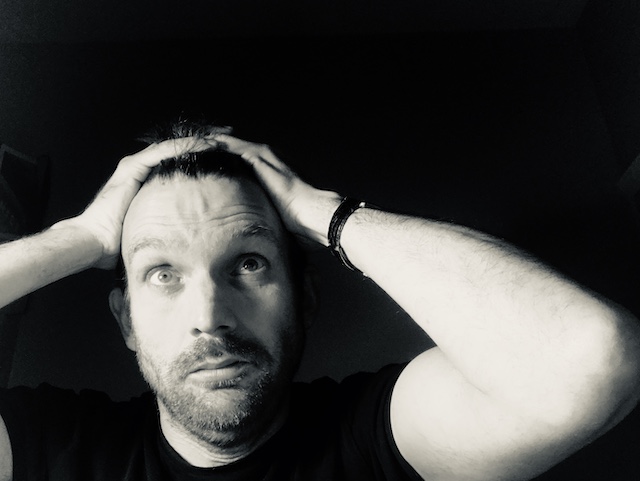All this week I have been writing about organising inputs to the creative process, but at the end of the week I’m feeling overwhelmed from too many inputs. I need to switch off and reflect, but before I do here are the themes that are swirling round my head. I capture them so that they might be useful for another time.
Choosing what to turn on and turn off. We need inputs for the creative process. The art is in determining what inputs we want and what to turn off. I feel like going on a digital input purge and then only turning the inputs on again as I find I need them.
Maintaining work discipline. At the start of the week I am disciplined in my routines, when I look at stuff on the internet, when I take breaks, but the end of the week that discipline goes away.
Doing the work that lets you do the work. One of the things that has interrupted me this week is the on-going fallout from my old computer dying. One of the 7 Habits of Successful People is making time to sharpen the tools. Today that happened to mean spending two hours on the phone to Microsoft to solve a problem with my Office subscription. It’s the enabling works, to use a construction analogy. Doing the work that lets you do the work. If you can think of it in these terms it can you keep a smile on your face.
Why do we need all this data anyway? Part of my day has been spent improving my internet data hygiene. I’ve been checking terms and conditions of different cloud storage systems and privacy statements. The paradigm of the cloud is ‘more’ and ‘everywhere’. But what about ‘less’ and ‘only sometimes’? I’ve been musing on whether I could keep my cloud data down to 5Gb. Even that is a huge amount of data (it doesn’t contain much video or audio). I bet only 1% of what’s in my cloud is actually of any value. Once upon a time there were no data centres. Now there are vast, energy-consuming data centres filled with… well, what? I don’t think there has been a corresponding increase in human well being or understanding of the human condition.
Diminishing data – what if over time we automatically had less storage? We’d have to choose what we wanted to keep, rediscovering things as we went and discarding the rest. And we’d save our children the burden of figuring out what they should keep for us.
And finally…
Reading Proust helps you understand privacy statements. Both have long, sometimes inpentrable sentences and the paragraph discipline is atrocious.


Leave a Reply